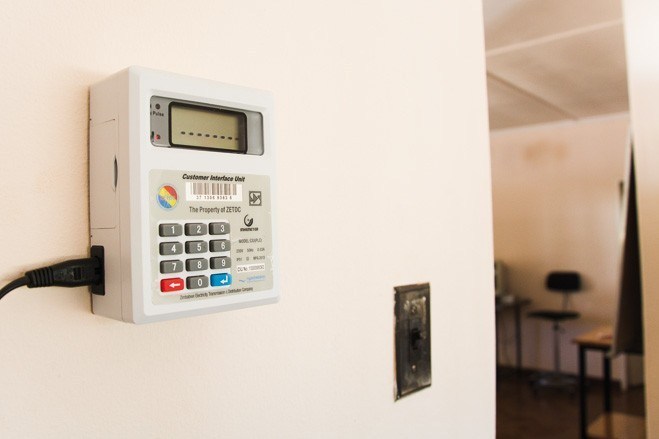Low tariffs bleed Zesa
DELAYS in reviewing electricity tariffs to be cost reflective have left the country’s power utility ZESA in huge debt and threatening to bring back power cuts that had become a thing of the past.
Already, suppliers of coal are threatening to stop supplies owing to incapacitation caused by the Zimbabwe Power Company (ZPC), a subsidiary of ZESA. Added to this, is a huge water bill from the Zambezi Water Authority.
Because of sub-economic tariffs, the power utility can neither service nor buy boilers, transformers and secure oils and chemicals that should all be paid for in US dollars.
Last year, the Government took a decision to implement a tariff indexation formula that would align Zesa tariffs to movements caused by inflation and the exchange rate.
The reason for the move by the Government was to obtain cost reflectivity in the supply of electricity and maintenance of value of tariffs that would ensure viability and sustainability of the power supply utility.
In order to maintain cost reflectivity, tariffs were supposed to be reviewed and adjusted periodically each time the reference indexation combination of inflation and exchange rate increased by more than 10 percent.
However, that has not been carried out since March, a situation that could result in load shedding as the power utility struggles to pay for imports as well as servicing and buying equipment that requires foreign currency, sources in the energy sector said.
“Adjustments were not done since April 2020 despite a Cabinet approval to that effect, hence a massive erosion in the value of the tariffs. The current tariff level has fallen from 10.63 US cents achieved in October 2019 at the time of the approval of the indexation to 2.33 US cents per kWh as of September 2020. The ideal tariff full cost necessary is supposed to be 12.44 US cents,” insiders in the energy sector said.
Energy and Power Development Minister Hon Soda Zhemu said it is clear there is incapacitation within the power utility.
So low is the cost of electricity that it is actually more expensive to use firewood, LP gas or paraffin, something that experts say could plunge the power utility into debt and constrain it from importing power from the region.
The average cost for cooking two meals a day for a month is; electricity — $83.90, paraffin — $2 728.50, firewood — $2 400, LP gas — $780.
Experts in the energy sector said the current tariff was no longer compatible with efficient use, resulting in customer wastages.
The wastages are causing unnecessary increases in non-productive demand, thereby pushing increases in imports.
This development has resulted in ZESA failing to meet operational costs and also accumulating arrears to creditors, an anomalous scenario that threatens to reverse the gains that have been made since 2018 when power outages were significantly reduced up to a point when power cuts are now a thing of the past.
Through direct support from the Treasury, the power utility has been able to extinguish the Eskom legacy debt.
This has gone a long way in stabilising electricity supply in the country. The sub-economic tariffs that are by far the lowest in the region have also resulted in ZESA accumulating liabilities, which now stand at US$82.6 million, threatening the continuation of the current power import facility.
The current tariffs have created a disparity between companies paying in US dollars and those paying in Zimbabwe dollars with the later having an unfair advantage.
Ideally, electricity tariffs should
be at ZWL844.33 cents/kWh but currently stand at 19.3/kWh, a miserly figure that is not enough to ensure sustainability.
“The delays in the awarding of an adjustment have resulted in an estimated potential revenue loss of ZWL$4.55 billion for the period of April 2020 to August,” another source said.
Consequently, ZESA owes huge amounts to creditors, putting at stake its ability to continue as a going concern in the short to medium term.
Presently, there is a backlog on operations and maintenance of equipment as it has become very difficult to procure the much needed critical spares and also operational vehicles, while restive employees are threatening to down tools.
Such an outcome would result in severe load-shedding as suppliers of coal are also threatening to stop deliveries due to non-payment by ZESA.
Apart from load-shedding, the ongoing expansion works at Hwange Thermal Power Station will also be affected as the country lags far behind in tariffs compared to other countries in the region.-herald.l.zw










